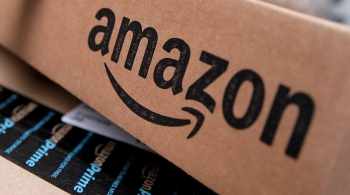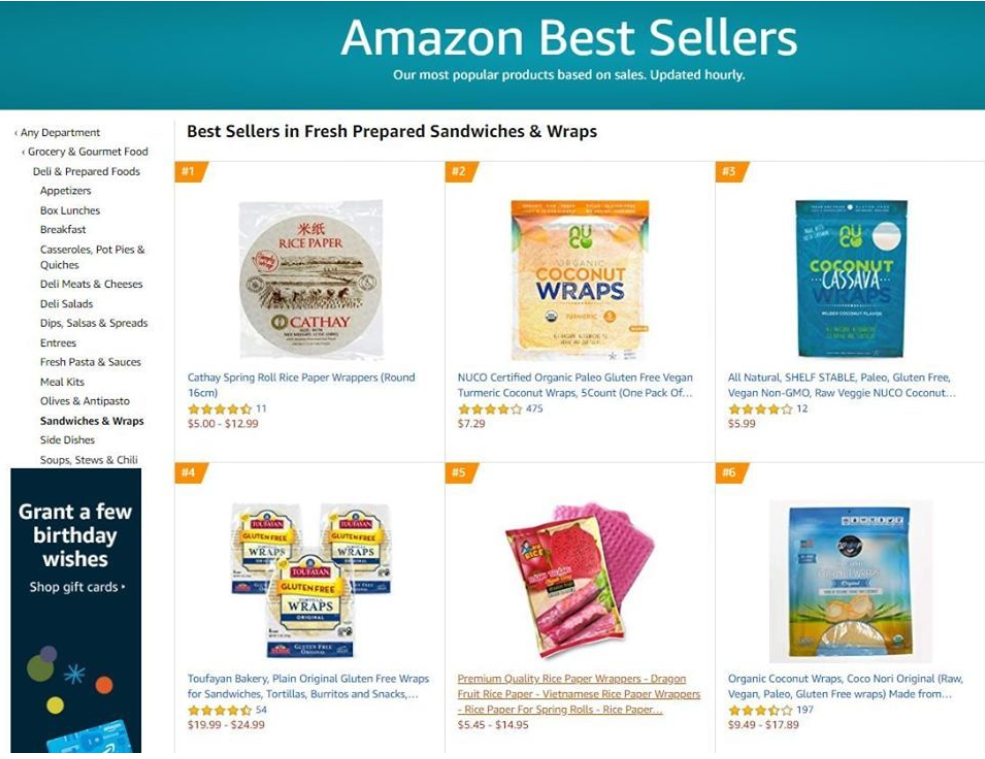Amazon bans imported seeds entering U.S. amid mystery packages
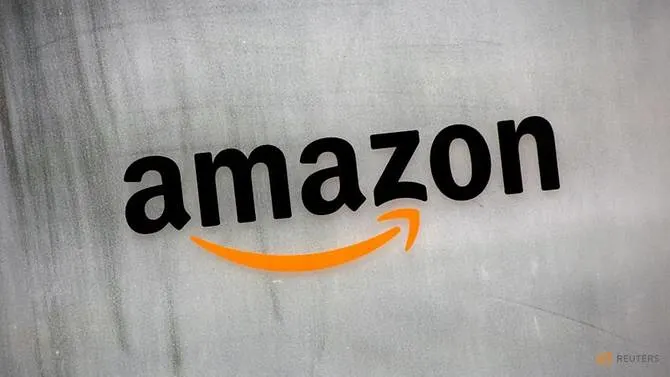 |
| Amazon.com's logo is seen at Amazon Japan's office building in Tokyo, Japan. Photo: Reuters |
The U.S. Department of Agriculture (USDA) in July identified more than a dozen plant species ranging from morning glories to mustard in the bags of unsolicited seeds. It warned Americans not to plant the seeds.
According to plant experts, seeds from other parts of the world could be non-native varieties that harm commodity crops.
"Moving forward, we are only permitting the sale of seeds by sellers who are based in the U.S.," Amazon said in an emailed statement on Saturday.
The company changed its policy on seed sales on Wednesday. The policy change was first reported by the Wall Street Journal.
The company added that sellers who do not follow its guidelines will be subject to action, including potential removal of their accounts.
According to Amazon's policy web page, the ban extends to plants and plant products.
Amazon’s move comes as the mysterious seeds have led U.S. officials to sound the alarm bells about how easily seed sales can occur on e-commerce sites, creating potential threats to U.S. agriculture.
The USDA in July said the packages were most likely part of a "brushing" scam, in which people receive unsolicited items from a seller who then posts false positive customer reviews to boost sales.
In an update on Aug. 11, Osama El-Lissy, a deputy administrator for the USDA's Animal and Plant Health Inspection Service (APHIS), said the experts analyzing some of the seeds from China found very few problems. El-Lissy added that the two countries were working jointly on the investigation.
 |
| Thousands of people in the United States have received seeds in the mail that they had not ordered. |
In recent months, thousands of people in the United States have received seeds in the mail that they had not ordered. Most were postmarked with China Post, and the items were often marked as jewelry, toys, or other merchandise. Canada and the United Kingdom are among the other countries that have experienced the same phenomenon.
U.S. agricultural officials said they were working with Chinese officials to determine who would send the seed packages and to stop future shipments. China’s Foreign Ministry said in July that postal labels on seed packages had been tampered with and that China had asked the United States to send the packages for investigation.
The USDA says it has worked with e-commerce companies for years to ensure they include information about USDA regulations on their sites and to remove vendors who illegally ship farm equipment, including including seeds. However, since the mysterious shipments, the USDA says it has stepped up this work.
“E-commerce has presented us with a unique challenge,” said Osama El-Lissy, deputy administrator of the USDA’s Animal and Plant Health Inspection Service, said Wednesday. “These sellers must meet US regulatory requirements.”
Agriculture officials fear that seeds could introduce invasive species, weeds, pests or diseases that could harm American agriculture. On Wednesday, El-Lissy said USDA had received nearly 20,000 reports of seed recipients and collected some 9,000 packages. The USDA has so far evaluated more than 2,500 of these packages, he said.
Mr El-Lissy said the USDA had identified several noxious weed seeds, called dodder and water spinach. The agency also found diseases known to occur in China, called spindle tuber pospiviroids and viroids, in seeds, as well as a few major pests: an immature wasp and a larval seed beetle.
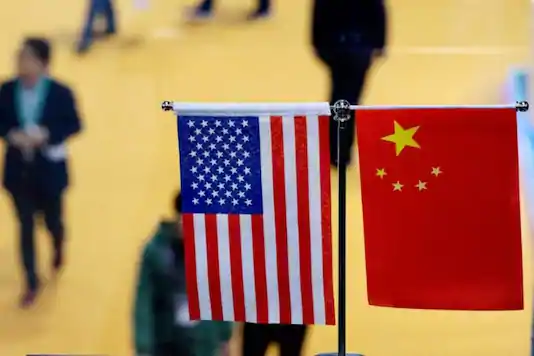 |
| China had asked the United States to send the seed packages for investigation |
As it collects the seed packets, sent to people in all 50 states, the USDA routes them to botanists, who examine the seeds to determine their species and if there are any on a federal noxious weed list. , which are potentially harmful. The seeds can then be sent to a Maryland lab for DNA testing to determine if they carry pathogens that can cause plant disease, said the fr24news.
Mr. El-Lissy said the results to date have not raised significant concerns or required the enactment of a federal emergency response plan. Still, he said, the USDA is very concerned about the potential that one or more seed packages could contain a threat to American agriculture. The agency can take steps to increase pest surveillance and prepare to respond quickly if it detects anything in an agricultural region or in the environment, El-Lissy said.
Authorities say the exact purpose of sending the unsolicited seed packets remains unclear, but that a major explanation is that they are part of a “brushing scam.” In these scams, sellers who sell through online retailers like Amazon pay “brushers” to place orders for their products, shipping low value or no content packages to strangers. Brushers then pose as buyers and post fake customer reviews to increase sales for the seller, sometimes posting reviews of other products.
Amazon reiterated on Saturday its view that its site-linked seed deliveries were genuine delayed orders due to Covid-19 and not brushing incidents. The company has investigated any connection the platform might have with the packages and if brushing is involved.
In addition to being useful for brushing, the seeds are also very lucrative as a real e-commerce product, according to vendors based in China and elsewhere in Asia. The high margins make the seed business attractive to overseas sellers, as a seed package that costs $ 1.50 to buy from Chinese suppliers can sell for around $ 10 on Amazon, one seller said. Shipping costs are negligible on ultralight packages.
Amazon’s removal of seed offerings is to be done in stages, per the September 3 email to overseas seed sellers. Foreign merchants who ship their seeds directly to US customers will have their offers removed immediately. Those who rely on Amazon to fulfill their orders – and whose inventory is stored in Amazon warehouses – will have their offers removed starting September 30, according to the email.
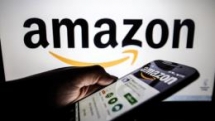 | 100 Vietnamese SMEs to enjoy support from Amazon, VIETRADE The Trade Promotion Agency (VIETRADE) under the Ministry of Industry and Trade and Amazon Global Selling introduced details of their plan on May 5 to ... |
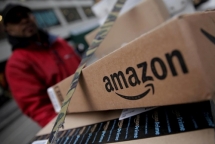 | Amazon opens door to Vietnam exports in herald of market entrance The American e-commerce giant is set to wade into Vietnam’s blooming market this month |
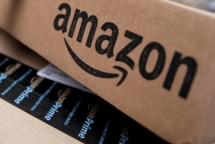 | After Alibaba, Amazon to arrive in Vietnam Amazon is pursuing a two-step strategy to enter the Vietnamese e-commerce market. |
Recommended
 World
World
India reports 9 Pakistani Aircraft Destroyed In Operation Sindoor Strikes
 World
World
Thailand Positions Itself As a Global Wellness Destination
 World
World
Indonesia Accelerates Procedures to Join OECD
 World
World
South Korea elects Lee Jae-myung president
 World
World
22nd Shangri-La Dialogue: Japan, Philippines boost defence cooperation
 World
World
Pakistan NCRC report explores emerging child rights issues
 World
World
"India has right to defend herself against terror," says German Foreign Minister, endorses Op Sindoor
 World
World


